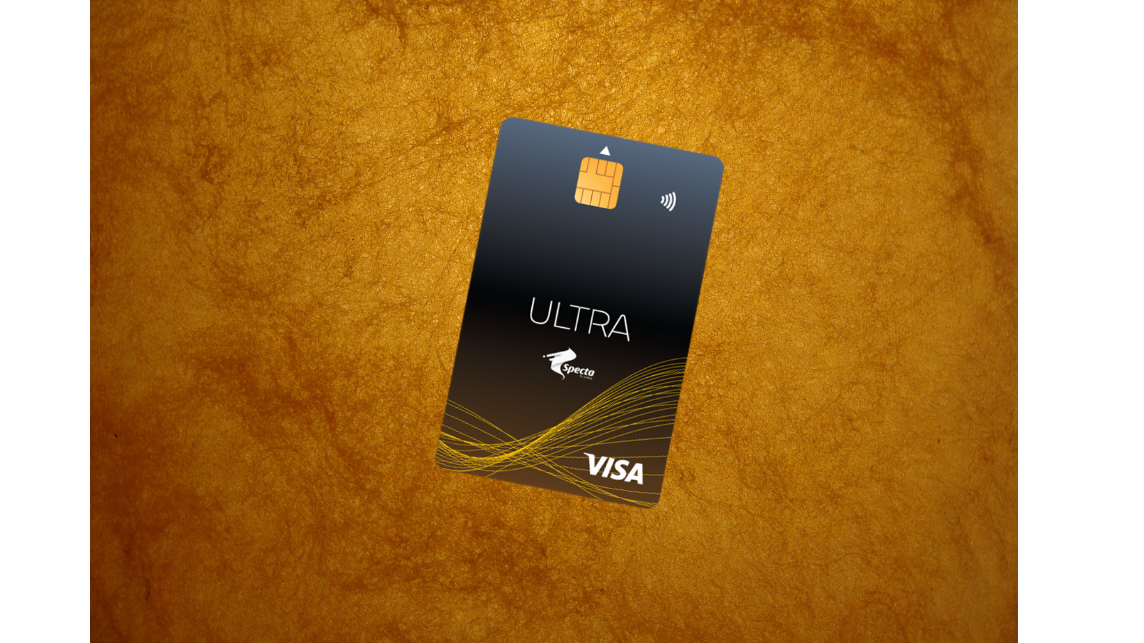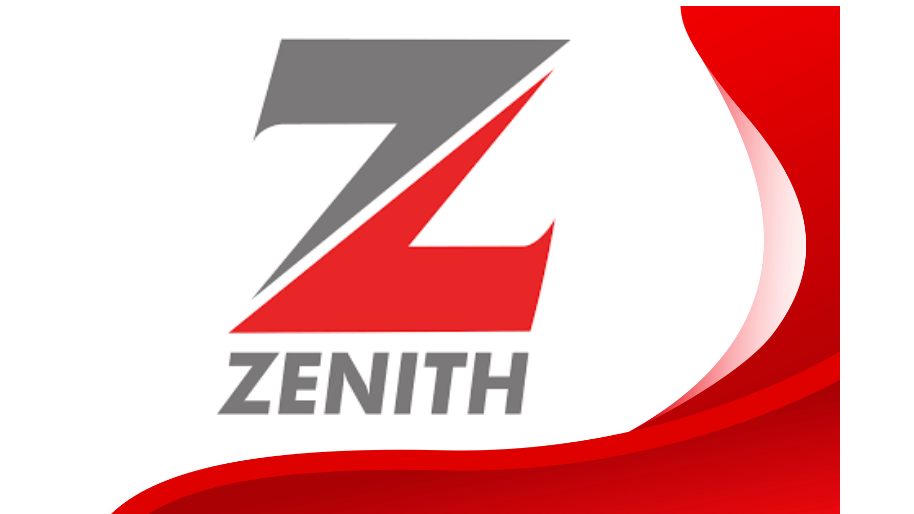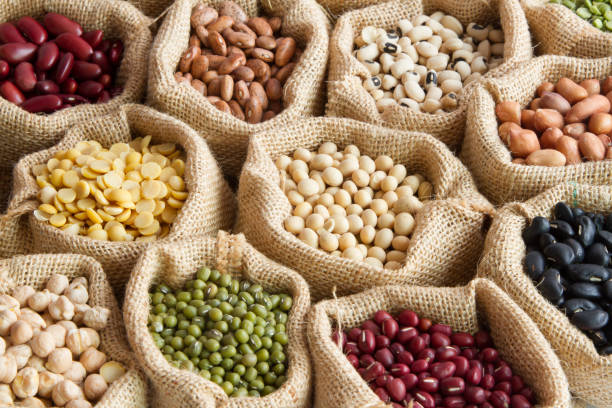World
Censorship of journalism in South Sudan
Freedom to share daily information to the Occident? Is not the kind of thing to the South Sudan government.
Advertisement
Censorship of journalism in South Sudan.
South Sudan is a country in East Africa that gained its independence from Sudan in 2011. Since then, the country has been facing significant challenges, including a civil war that began in 2013 and ongoing political instability.
According to reports from organizations such as Reporters Without Borders, the media environment in South Sudan is heavily restricted, and journalists face significant challenges and risks when reporting on sensitive topics. There have been reports of journalists being arrested, harassed, and even killed for their reporting.
The government has also been known to censor news outlets and control the media narrative to suppress criticism or negative coverage. This has led to a lack of transparency and limited access to information for citizens, which can hinder democratic processes and accountability.
Overall, censorship of journalism in South Sudan remains a significant concern, and efforts to improve the media environment and protect the rights of journalists are ongoing
South Sudan is a country in East Africa that gained its independence from Sudan in 2011. The country has faced significant challenges since its inception, including political instability, a civil war, economic difficulties, and humanitarian crises.
The government of South Sudan is a transitional government that was formed in 2020 as part of a peace agreement to end the civil war. The government is led by a coalition of political parties, with President Salva Kiir Mayardit serving as the head of state and Riek Machar as the first vice president.
The government is organized into three branches: the executive branch, the legislative branch, and the judiciary. The executive branch includes the president and vice presidents, as well as various ministries and agencies responsible for implementing policies and programs. The legislative branch is made up of the National Legislative Assembly and the Council of States, which are responsible for passing laws and overseeing the government’s activities. The judiciary is an independent branch that is responsible for interpreting the law and resolving disputes.
However, despite the formation of the transitional government, South Sudan continues to face significant challenges, including ongoing political instability, economic difficulties, and a humanitarian crisis. The government has been accused of corruption, human rights abuses, and other violations, and efforts to establish a stable and democratic government that serves the interests of its citizens remain ongoing.
Freedom of journalism in South Sudan is heavily restricted, and journalists face significant challenges and risks when reporting on sensitive topics. There have been reports of journalists being arrested, harassed, and even killed for their reporting. The government has been known to censor news outlets and control the media narrative to suppress criticism or negative coverage, which has led to a lack of transparency and limited access to information for citizens. Despite ongoing efforts to improve the media environment and protect the rights of journalists, censorship of journalism in South Sudan remains a significant concern.
Freedom of journalism in South Sudan is limited and heavily restricted. Journalists face significant challenges and risks when reporting on sensitive topics, including arrest, harassment, and violence. The government has been known to censor news outlets and control the media narrative, leading to limited access to information and hindering democratic processes and accountability. Despite the formation of a transitional government in 2020, efforts to establish a free and open media environment that protects the rights of journalists and citizens remain ongoing.
The government of South Sudan is a transitional government that was formed in 2020 as part of a peace agreement to end the civil war. It is led by a coalition of political parties, with President Salva Kiir Mayardit serving as the head of state and Riek Machar as the first vice president. The government is organized into three branches – the executive, legislative, and judiciary – and is responsible for implementing policies, passing laws, interpreting the law, and resolving disputes. However, the country continues to face significant challenges, including political instability, economic difficulties, and a humanitarian crisis. The government has been accused of corruption, human rights abuses, and other violations, and efforts to establish a stable and democratic government that serves the interests of its citizens remain ongoing.
.
Trending Topics

Apply Heritage Bank Loan
Take control of your finances with a loan from Heritage Bank. With flexible payment options, expert support, and a range of loan options.
Keep Reading
Sterling Ultra Classic card: Apply now!
Discover and learn now how to apply for the Sterling Ultra Classic Visa credit card! It offers payment flexibility and much more!
Keep ReadingYou may also like

Zenith Bank: Apply now!
Transform your finances with Zenith Bank. With competitive interest rates, innovative banking services. See now!
Keep Reading

